Take Action
Become a Survivorship Champion
Survivorship Champions is a program for all clinicians and researchers, both oncology and primary care, who are interested in improving survivorship care and primary care’s role in caring for cancer survivors.
Join CPAT
The NCCS Cancer Policy & Advocacy Team (CPAT) is a program for survivors and caregivers to learn about pressing policy issues that affect quality cancer care in order to be engaged as advocates in public policy around the needs of cancer survivors.
Share Your Story
NCCS represents the millions of Americans who share a common experience – living with, through and beyond a cancer diagnosis. By sharing your story of how you have been touched by cancer, you are supporting the national cancer survivorship movement.
STAY CONNECTED
Together we can improve cancer care for survivors! Sign up to be the first to know about cancer policy issues and ways to take action
- About
- News
- Policy
- Get Involved
- Survivorship Survey
- Survivorship Checklist
- Resources
- Cancer Survival Toolbox
- Telehealth
- Care Planning for Cancer Survivors
- Ina® The Intelligent Nutrition Assistant
- Remaining Hopeful
- Self Advocacy
- Talking With Your Doctor
- Taking Charge of Your Care
- Order Our Resources
- Tools For Care Providers
- Telehealth Project
- Survivorship Champions Webinars
- Survivorship Checklist Guide for Clinicians
- Events
- Search
- Cart
National Coalition for Cancer Survivorship
8455 Colesville Road | Suite 930 | Silver Spring, MD 20910
info@canceradvocacy.org | (877) NCCS-YES
Privacy Policy | Terms and Conditions
Copyright © 1995-2024 by the National Coalition for Cancer Survivorship
National Coalition for Cancer Survivorship, NCCS, Cancer Survival Toolbox, and related Logos are registered in the United States as trademarks of the National Coalition for Cancer Survivorship.

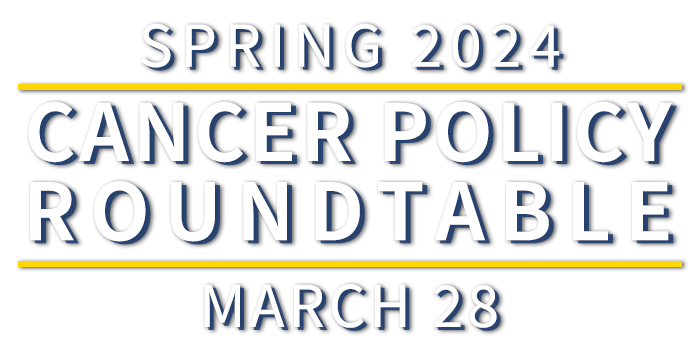
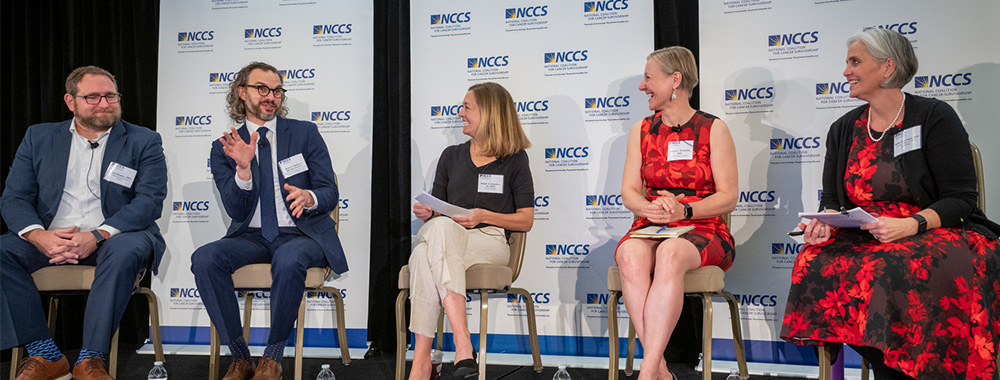
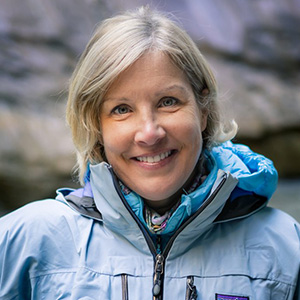 Kristen Dahlgren
Kristen Dahlgren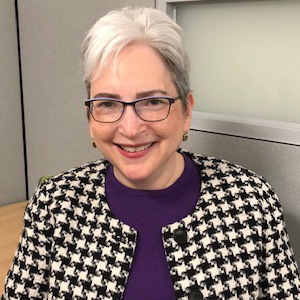 Liza Fues, JD
Liza Fues, JD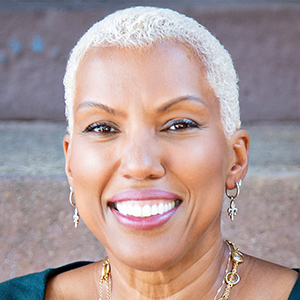 Lisa D. T. Rice, SM
Lisa D. T. Rice, SM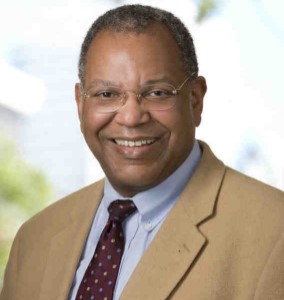 Otis Brawley, MD
Otis Brawley, MD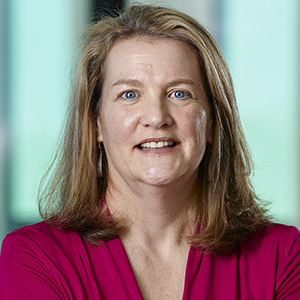 Kathleen Castro, MS, RN, AOCN
Kathleen Castro, MS, RN, AOCN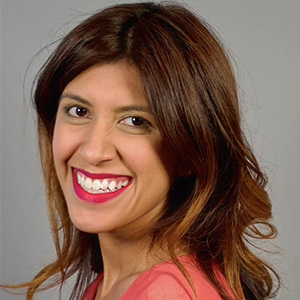 Andrea Hans
Andrea Hans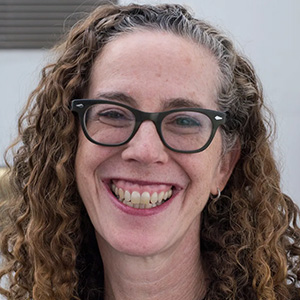 Robin Yabroff, PhD, MBA
Robin Yabroff, PhD, MBA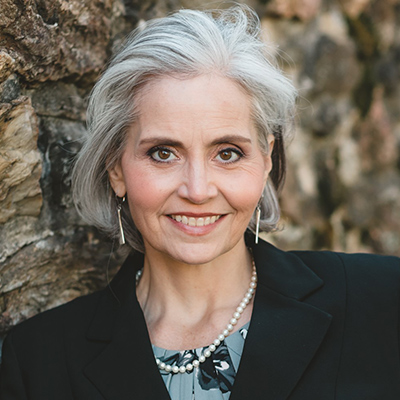 Shelley Fuld Nasso, MPP
Shelley Fuld Nasso, MPP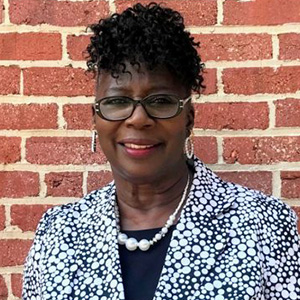 Rev. Dr. Sandra Conner
Rev. Dr. Sandra Conner Melissa Horn, MPA
Melissa Horn, MPA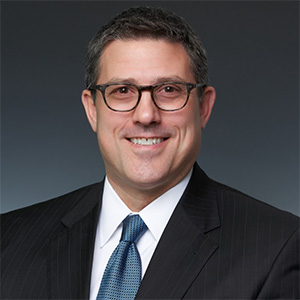 Patrick Plues
Patrick Plues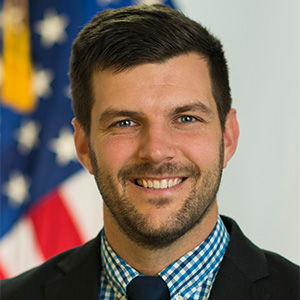 Andrew York, JD, PharmD
Andrew York, JD, PharmD
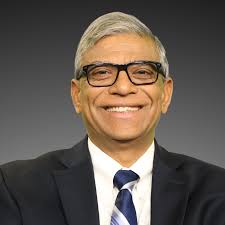 Kashyap Patel, MD
Kashyap Patel, MD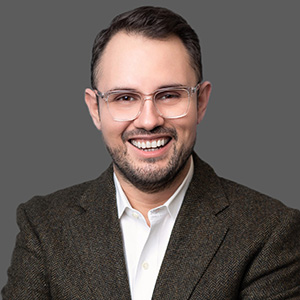 Jason Resendez
Jason Resendez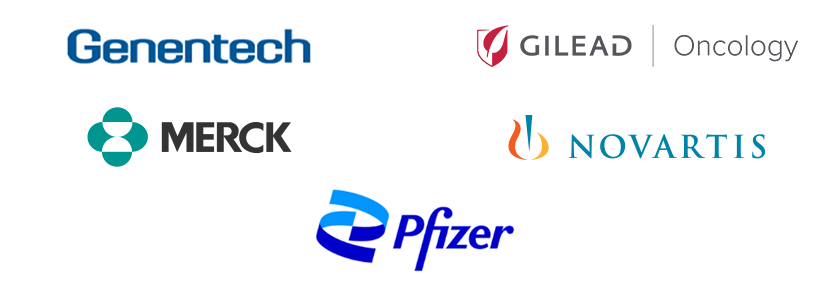



Social Media Toolkit
We encourage speakers and participating organizations to engage with NCCS on social media throughout the Spring 2024 Cancer Policy Roundtable. Please contact NCCS Communications and Marketing Manager Kara Kenan at kkenan@canceradvocacy.org with any questions or concerns.
Hashtags
Sample Social Posts
We have provided some sample posts below for each social platform.
Sample Posts for Attendees
X/Twitter
Excited to attend @CancerAdvocacy’s Spring 2024 Cancer Policy Roundtable. I look forward to learning from the speakers’ discussions on pressing issues related to cancer research, policies, and care delivery. #CPR24
I’m proud to represent [organization] at @CancerAdvocacy’s Spring 2024 Cancer Policy Roundtable. This is a time of hope for the future of cancer care. #CPR24
Thank you, @CancerAdvocacy, for hosting the Spring 2024 Cancer Policy Roundtable. I’m excited for the future of cancer care. #CPR24
LinkedIn
Excited to attend the National Coalition for Cancer Survivorship’s Spring 2024 Cancer Policy Roundtable. I look forward to learning from the speakers’ discussions on pressing issues related to cancer research, policies, and care delivery. #CPR24
I’m proud to represent [organization] at the National Coalition for Cancer Survivorship’s Spring 2024 Cancer Policy Roundtable. This is a time of hope for the future of cancer care. #CPR24
Thank you, National Coalition for Cancer Survivorship, for hosting the Spring 2024 Cancer Policy Roundtable. I’m excited for the future of cancer care. #CPR24
Instagram
Excited to attend @cancersurvivorship’s Spring 2024 Cancer Policy Roundtable. I look forward to learning from the speakers’ discussions on pressing issues related to cancer research, policies, and care delivery. #CPR24
I’m proud to represent [organization] at @cancersurvivorship’s Spring 2024 Cancer Policy Roundtable. This is a time of hope for the future of cancer care. #CPR24
Thank you, @cancersurvivorship, for hosting the Spring 2024 Cancer Policy Roundtable. I’m excited for the future of cancer care. #CPR24
Facebook
Excited to attend @cancersurvivorship’s Spring 2024 Cancer Policy Roundtable. I look forward to learning from the speakers’ discussions on pressing issues related to cancer research, policies, and care delivery. #CPR24
I’m proud to represent [organization] at @cancersurvivorship’s Spring 2024 Cancer Policy Roundtable. This is a time of hope for the future of cancer care. #CPR24
Thank you, @cancersurvivorship, for hosting the Spring 2024 Cancer Policy Roundtable. I’m excited for the future of cancer care. #CPR24
Sample Posts for Speakers and Organizations
For Organizations:
X/Twitter
[Speaker] is a panelist at today’s Spring 2024 Cancer Policy Roundtable. We’re excited to support @CancerAdvocacy in advancing the #cancersurvivorship cause. #CPR24
LinkedIn
[Speaker] is a panelist at today’s Spring 2024 Cancer Policy Roundtable. We’re excited to support the National Coalition for Cancer Survivorship in advancing the #cancersurvivorship cause. #CPR24
Instagram
[Speaker] is a panelist at today’s Spring 2024 Cancer Policy Roundtable. We’re excited to support @cancersurvivorship in advancing the #cancersurvivorship cause. #CPR24
Facebook
[Speaker] is a panelist at today’s Spring 2024 Cancer Policy Roundtable. We’re excited to support @cancersurvivorship in advancing the #cancersurvivorship cause. #CPR24
For Speakers:
X/Twitter
Looking forward to sharing my thoughts on [subject] at @CancerAdvocacy’s Spring 2024 Cancer Policy Roundtable. #CPR24
Thank you, @CancerAdvocacy, for inviting me to speak at today’s Spring 2024 Cancer Policy Roundtable. I’m excited for the future of cancer care. #CPR24
LinkedIn
Looking forward to sharing my thoughts on [subject] at the National Coalition for Cancer Survivorship’s Spring 2024 Cancer Policy Roundtable. #CPR24
Thank you, National Coalition for Cancer Survivorship, for inviting me to speak at today’s Spring 2024 Cancer Policy Roundtable. I’m excited for the future of cancer care. #CPR24
Instagram
Looking forward to sharing my thoughts on [subject] at @cancersurvivorship’s Spring 2024 Cancer Policy Roundtable. #CPR24
Thank you, @cancersurvivorship, for inviting me to speak at today’s Spring 2024 Cancer Policy Roundtable. I’m excited for the future of cancer care. #CPR24
Facebook
Looking forward to sharing my thoughts on [subject] at @cancersurvivorship’s Spring 2024 Cancer Policy Roundtable. #CPR24
Thank you, @cancersurvivorship, for inviting me to speak at today’s Spring 2024 Cancer Policy Roundtable. I’m excited for the future of cancer care. #CPR24